NQF Level:
Credits:
Minimum Duration:
Faculty:
Department:
Accreditation Authority:
Why Choose This Qualification?
Admission Requirements.
- Educational Qualification: NQF level 3 Qualification or Equivalent.
- Recognition of Prior Learning (RPL): Relevant work experience may qualify through RPL, subject to the institution’s policies.
Qualification Structure.
- Semester 1: Fundamentals of design thinking, ethnographic research, and innovation principles.
- Semester 2: Governance, ethics, project management, and creative solution design.
Learning Outcomes.
- Conduct applied ethnographic research to empathise with stakeholders and develop innovative solutions.
- Apply design thinking methodologies to redefine problems and stimulate innovative solutions.
- Facilitate ideation and prototyping sessions for effective problem-solving.
- Develop and implement strategic solutions aligned with organisational goals and 4IR demands.
International Comparability.
Qualification Modes of Delivery and Support.
- Contact Learning: In-person classes and workshops.
- Blended Learning: Online and face-to-face sessions.
- Distance Learning: Flexible, self-paced study.
Career Opportunities.
- Innovation Consultant
- Service Designer
- Customer Experience Specialist
- Design Researcher
- Creative Director
Articulation Options.
- Horizontal: Occupational Certificate: Community Development Worker, NQF Level 4.
- Vertical: National Certificate: N6 Art and Design, NQF Level 5.
- Diagonal: National Certificate: Business Administration Services, NQF Level 3.
Ensure Compliance, Empower Financial Accuracy.
With the Occupational Certificate in Tax Technology, you’re not just earning a qualification—you’re stepping into a crucial role in maintaining tax compliance and supporting financial accuracy. Gain the expertise to manage tax calculations, ensure VAT and payroll compliance, and navigate complex tax regulations with confidence.
Don’t wait to become an essential part of the financial sector.
Enroll today and build a career where you secure financial integrity and guide clients with precision!




